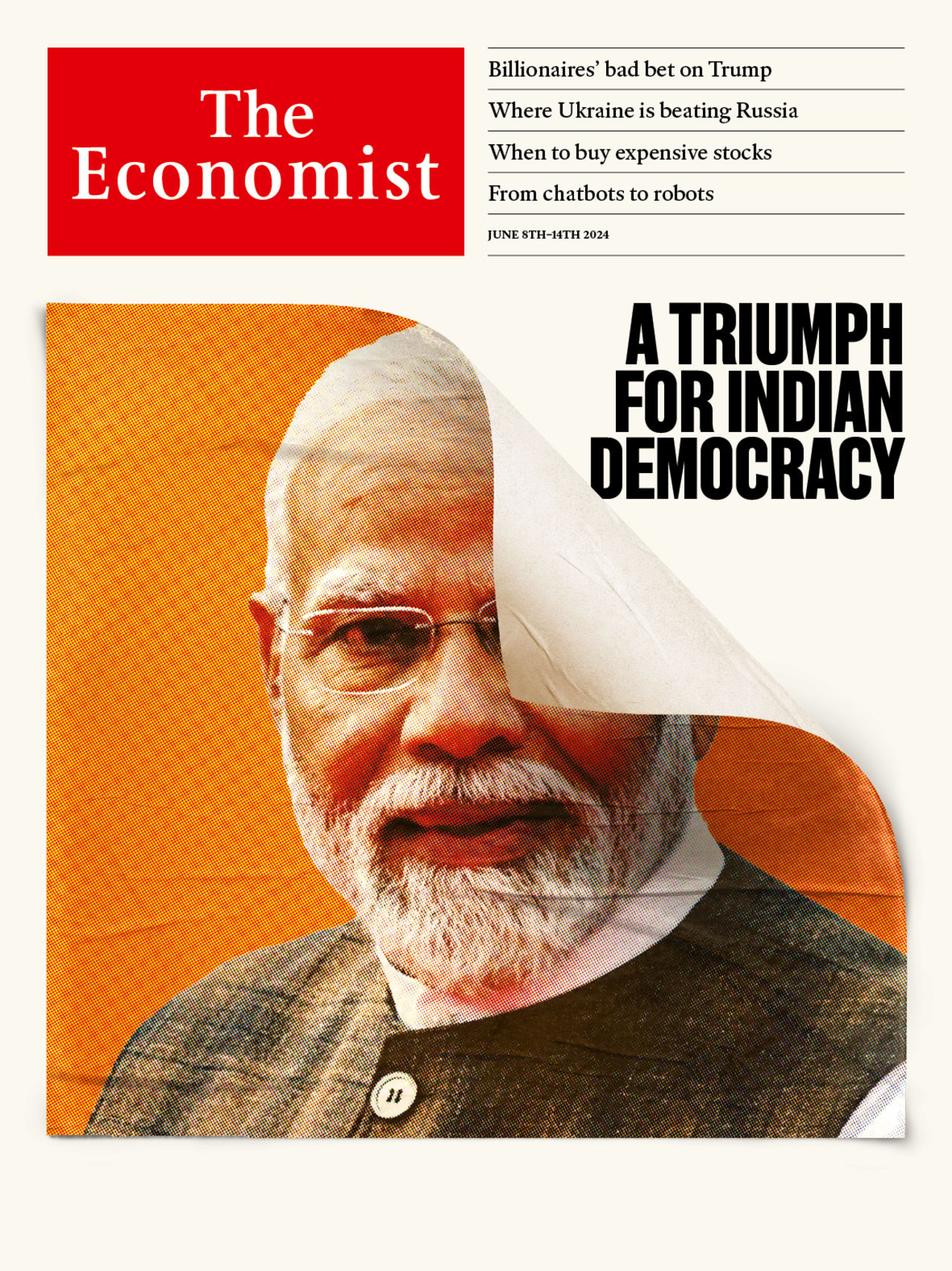China’s economic model retains a dangerous allure
Despite the country’s current struggles, autocrats elsewhere see a lot to admire

Twenty years ago Joshua Cooper Ramo, a consultant, first wrote about the “Beijing consensus”. The Washington consensus of financial liberalisation, floating currencies and openness to foreign capital was, he posited, a damaged brand. China was pioneering its own approach to development based on principles of equality, innovation and a relentless focus on sovereignty and national security. This would appeal to lots of developing countries.
In the years since, China’s leaders have mostly denied any ambition to export a state-led model of development. But they are sometimes more brazen. Last year, for instance, Xi Jinping argued in a speech to Communist Party officials that the country’s economic model “breaks the myth that modernisation equals Westernisation”, and that its growth was expanding “choices for developing countries”. Leaders past and present in the developing world—from Pakistan’s Imran Khan and Malaysia’s Mahathir Mohamad to Brazil’s Luiz Inácio Lula da Silva and South Africa’s Cyril Ramaphosa—have expounded the benefits of at least some aspects of the model. And since Mr Cooper Ramo first wrote about the Beijing consensus, the Chinese economy has quadrupled in size in real dollar terms, boosting the country’s diplomatic and military sway.
Explore more
This article appeared in the Finance & economics section of the print edition under the headline “Painting the globe red”
Finance & economics June 8th 2024
More from Finance and economics

Why Chinese banks are now vanishing
The state is struggling to deal with troubled institutions

How Starbucks caffeinates local economies
Call it the frappuccino effect

How much cash should be removed from the financial system?
Undoing quantitative easing provokes fierce debate

